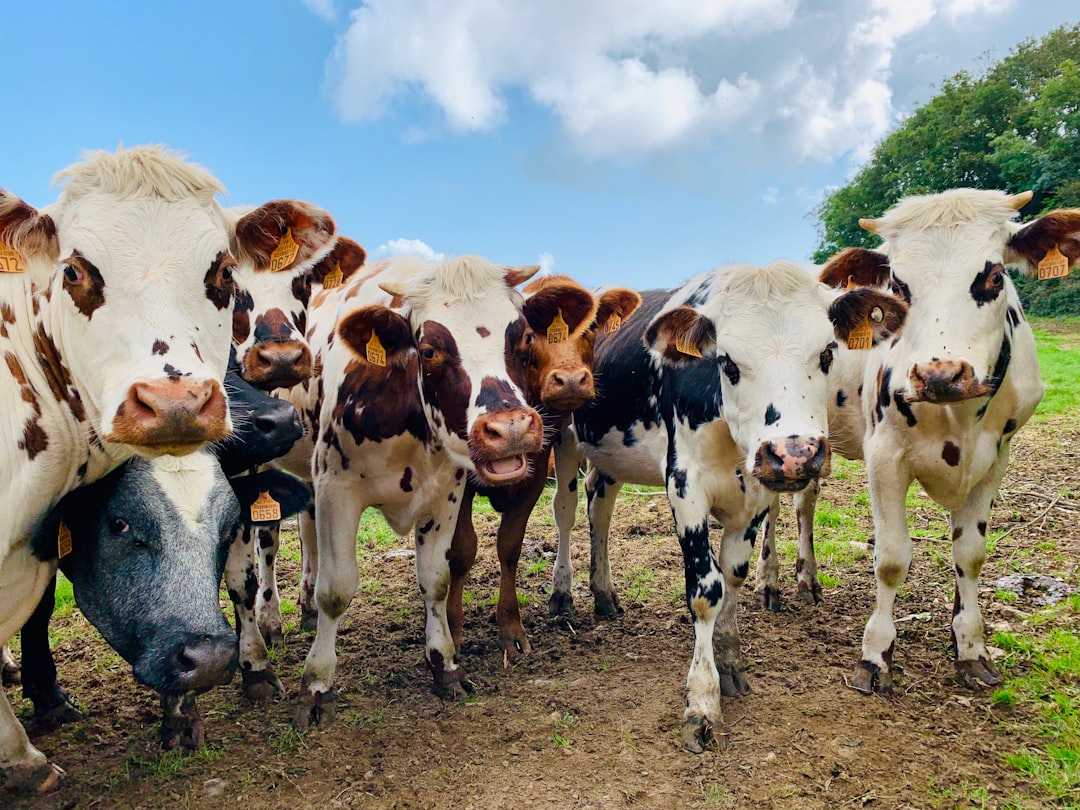Dairy Herd Manager Kaiwhakahaere Māpu Kau
Dairy herd managers run daily dairy farming operations such as feeding and milking cows, monitoring animal health and environmental management.
Dairy herd managers may do some or all of the following:
- plan and manage the feeding of cows
- milk cows and manage junior and relief staff in milking sheds
manage the health, reproduction andwelfare of calves and cows- monitor effluent spreader systems
- general maintenance such as fencing, spraying weeds and pest control
keep records of a farm's environmental impact- follow health and safety and wellbeing procedures.
Physical Requirements
Dairy herd managers need to have a good level of fitness as dairy farm work can be physically demanding.
Useful Experience
Useful experience for dairy herd managers includes:
- any farm work
- working with animals
- rural retail or sales roles.
Personal Qualities
Dairy herd managers need to be:
- confident and caring with animals
- patient, adaptable and practical
- motivated and able to follow a routine
- able to show initiative and make decisions
- well organised, goal focused and forward thinking
- able to work well independently, and as part of a team
- good at communicating with and managing people.
Skills
Dairy herd managers need to have:
- good animal-handling skills and an understanding of animal welfare and health issues
- an understanding of pasture management
- knowledge of the milking process
- knowledge of milk company standards and safe farming practices
- the ability to drive, operate and maintain farm machinery
- business and accounting skills
- knowledge of sustainable environmental management practices.
Conditions
Dairy herd managers:
- usually start early in the morning and work until late afternoon
- may work long hours during peak times, and can work six days a week
- work on farms and in milking sheds
- work outside with animals, crops and machinery in all weather conditions.
Subject Recommendations
No specific secondary education is required for this job, but agricultural and horticultural science, digital technologies, maths and business studies to at least NCEA Level 2 are useful.
Related Subjects
Dairy Herd Managers can earn around $48K-$88K per year.
Pay for dairy herd managers varies depending on experience and responsibilities, and the profitability of the farm.
- Assistant dairy herd managers usually earn between $48,000 and $88,000 a year.
- Experienced dairy herd managers can earn between $51,000 and $90,000.
Source: Federated Farmers/Rabobank, 'Farming Salaries 2018', 2017/2018.
Dairy herd managers may progress to other roles in the dairy industry such as:
Years Of Training
There are no specific requirements to become a dairy herd manager, as you can gain skills on the job. However, a relevant training course in agriculture, dairy farming, agribusiness or farm management is recommended.
Dairy farmers will often train inexperienced people if they have a can-do attitude and willingness to learn. They may offer their employees training through the Primary Industry Training Organisation (Primary ITO), which oversees apprenticeships.
A business, science or agricultural related certificate, diploma or degree in science, commerce, business or economics will help advance your dairy career.
Apprenticeships
Apprentices earn while they learn and develop their skills and career prospects through on-the-job experience over two or three years. Apprenticeships are available through different dairy industry organisations and companies.
On-the-job training
Dairy herd managers may choose to study towards a qualification while working, and attend farming discussion groups.

 Garin College
Garin College